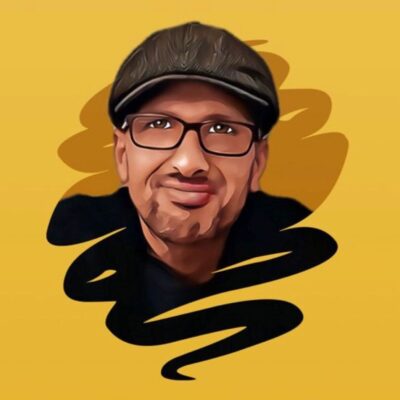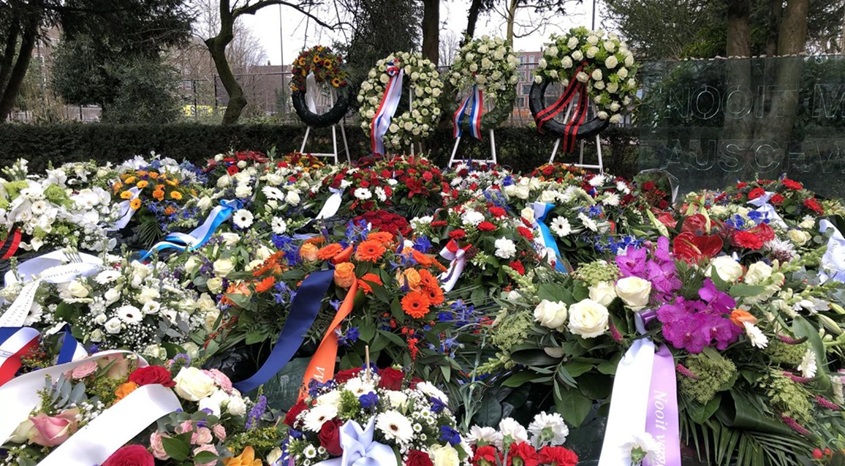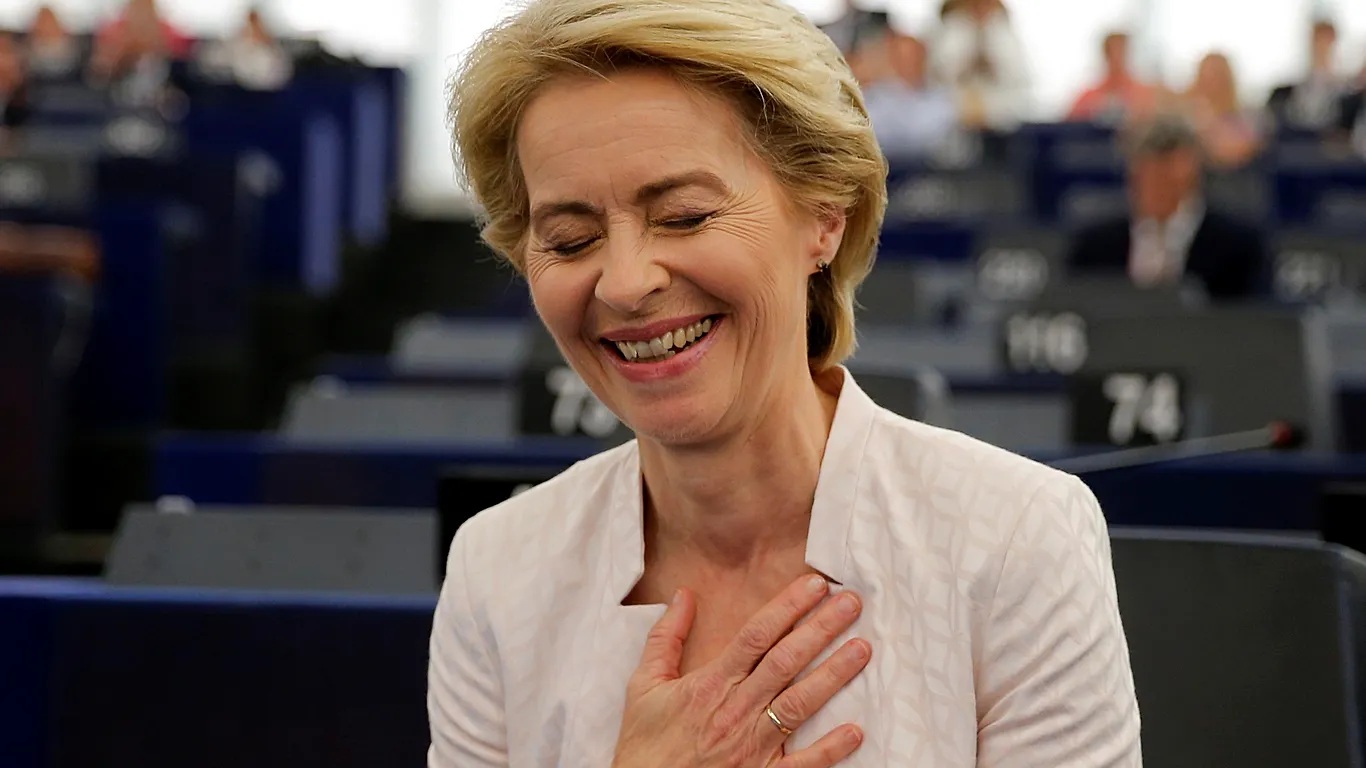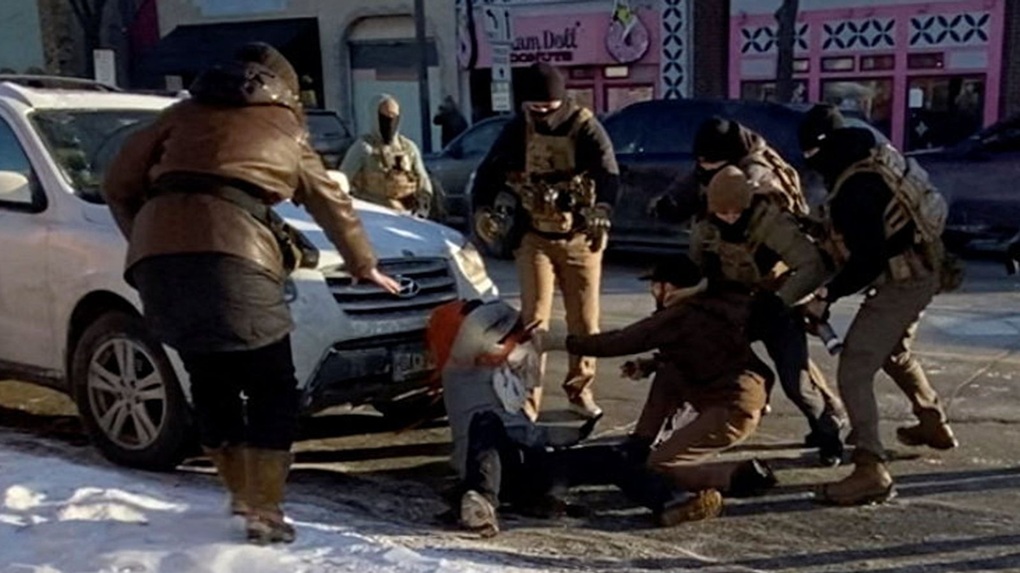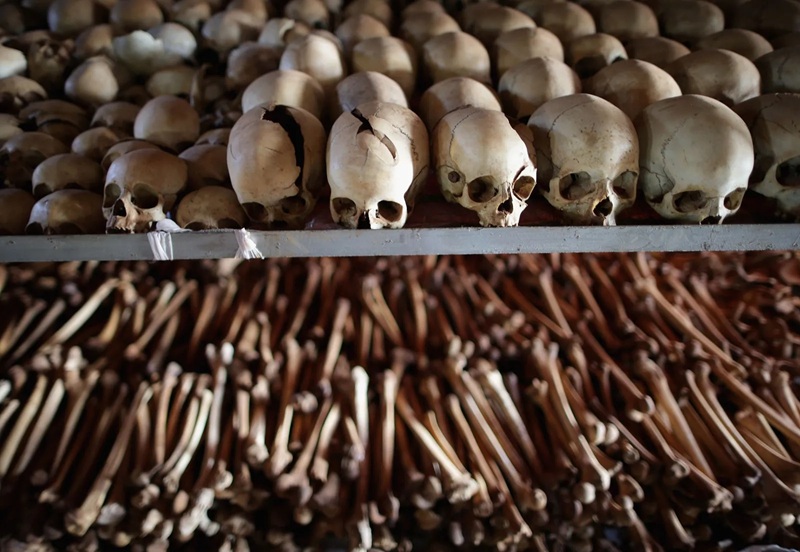
Yeshayahu Leibowitz, arguably the greatest Israeli thinker of the past eighty years, once defined Zionism as the Jewish people's right to self-determination—and immediately added that this necessarily entails self-responsibility, including responsibility for one’s own crimes. The first part is often quoted because freedom sounds festive. The second part tends to be omitted because responsibility has side effects. Anyone honest knows: the nation-state is no altar of virtue. It is a machine that runs on legitimacy and euphemism.
By Rafael Baroch
The accusation that Israel is committing genocide in Gaza is no longer a mere opinion. It has become a declaration of identity: you are someone who dares to say it—even when the facts don't fully support you. Facts are often suspect in this debate. There is violence, yes. And it is horrific and asymmetrical. But asymmetry, these days, is all too often treated as half the proof. The other half is rage.
Still.
Language too suffers from inflation. And since October 7, 2023, genocide has become the most widely circulated moral currency. Everyone pays with it: activists, academics, and politicians who know that nuance does not generate likes. And just like with money, overuse leads to devaluation: what once was named the ultimate evil is now used as a token of moral outrage, of symbolic purity, of the kind of absolute righteousness one only dares claim when certain there will be no counterquestion.
The truth – a word increasingly uttered only with irony or in quotation marks – is that genocide is not about how many die, but about why they die. Not about damage, but about intent. Not about the scale of destruction, but the nature of the target. You can kill thousands without committing genocide, and you can commit genocide without reaching those numbers.
It is, as jurists say, a crime of special intent, which, in plain English, means the number of casualties only counts if you truly meant it.
What Hamas did on October 7th – and this is rarely said, because it doesn't fit the moral geometry of indignation – was genocide. Not metaphorically. Not “as if.” Not as a rhetorical mirror. But literally. Rwanda-style. Intentional. Programmatic. It wasn’t a spontaneous outburst of anger, not a chaotic raid, but a carefully prepared plan executed with chilling precision. Busloads of fighters crossed into Israel not to seize military positions, but to annihilate villages.
They entered homes, room by room, and shot the inhabitants –methodically, systematically, without hesitation. They threw grenades into shelters, set houses ablaze with families still inside, and dragged corpses outside to mutilate them, ensuring fear would spread even faster than bullets.
And then came others: not fighters, but civilians from Gaza, joining the carnage, looting, and humiliation – as if violence were contagious. This was no spontaneous riot, but a second wave of destruction carried by the crowd.
Children were not spared. Some were killed deliberately in front of their parents. Others were taken hostage – not as bargaining chips, but as trophies. The elderly, too frail to flee, were executed with the same efficiency as soldiers. Women were raped before being murdered, because destruction had to be accompanied by humiliation. It was filmed, sung about, and cheered – because the act of murder wasn’t enough without evidence of the intent behind it.
The goal wasn’t strategic. It wasn’t temporary. It was existential: the elimination of a community as a community. Just as in Rwanda, where neighbours butchered neighbours under the logic of extermination, so too here the killing was wrapped in ideological ritual: declarations, songs, charters that have for decades openly spoken of wiping out a people.
The massacre of October 7 wasn’t an aberration – it was the fulfilment of a long-cherished and oft-repeated desire. In that sense, it was not merely a crime, but a program – a collective script that had finally been brought to the stage.
To Hamas’ programmatic violence, Israel responded with the violence of a state. The state did what states do: fight, retaliate, kill. But anyone wishing to invoke the gravest word must be precise. Genocide requires intent – and that intent, for all of Israel’s military brutality, has not been demonstrated. Israel is waging a war: harsh, chaotic, and often disproportionate. But war is not extermination. There is no plan, no doctrine, no systematic will to annihilate a people. Without that will, however gruesome the outcome, there is no genocide.
The bitter irony is that this conflict offers something unprecedented: a genocide committed by Hamas, answered with violence that is also being called genocide. That’s a first in the history of this crime. Usually, there is an innocent party – a pure victim embodying suffering. Here, that figure is absent.
The Palestinians carry the moral signature of victimhood, but their representatives in Gaza are terrorists who tried to commit genocide. And Israel, once the archetypal victim, is now a state whose actions are seen by many as criminal. Innocence, here, is nowhere to be found.
But perhaps that is not the exception – it is precisely what it means to be a state. Every state that celebrates itself drags behind it a dossier of crimes. France bears the bloodstains of Sétif and Algeria. Britain left scars in India, Kenya, and Ireland. Spain turned Latin America into a graveyard. The Netherlands, proud of its merchant spirit, casts a shadow over Indonesia. Crimes are not erased – they are archived, legitimised, institutionalised. That is the logic of the modern state.
And here lies the heart of Leibowitz’s warning: Israel is a state, and states are by definition responsible, including for their crimes. No state survives on innocence alone. Victimhood is no shield for those in power. A state is accountable for its army, its ministers, its orders, and its dead. A state can be tried in The Hague, held responsible in the Security Council, and condemned by its own history. Membership in the club of states means not only rights but also crimes bearing your name.
The Palestinians, on the other hand, operate outside the system of responsibility. In Gaza, the elected representatives are not a state, but a terror organisation immune to accountability. Hamas can do anything: kidnap, rape, execute, fire rockets from schools. No court treats them as a state, no archive records their orders, and no framework of sovereignty compels them to answer for their actions. They wield power without responsibility.
And so long as no Palestinian state exists, there is no administration of guilt. No archive. No jurisdiction. No mirror in which violence must behold itself. And precisely there lies a paradoxical form of power: victimhood as a form of sovereignty. Not the classic form – with laws, borders, ministries – but a negative one, born from absence. Those who are not in a state owe no accountability. Those who refuse to institutionalise themselves remain untouchable.
That is the strange triumph: victimhood as a permanent status. Not a stage en route to liberation, but a destination. The ultimate asymmetry lies not in the death toll – but in the burden of reckoning. One is condemned for every mistake. The other is celebrated for every refusal.
Perhaps this is why so many peace proposals have been rejected – not because of their content, but because of the implications they carry. As various Israeli leaders have hinted, it’s not the clauses of the deal, but what they signify: that peace marks the end of the exception. Peace means finally becoming a state – a member of the club, with borders, officials, ministers, and most of all: accountability.
Those who live by the myth of eternal oppression cannot afford that. A state is bound to answer for its actions, and accountability is fatal for those accustomed to moral immunity. The price of peace is the symbolic superiority that only the stateless enjoy.
Thus, victimhood becomes a form of power not because it is inherently right, but because it is often unchallenged. And in a world where sovereignty is no longer measured by flags or borders but by immunity from critique, that may be the most powerful position of all.
But that’s where the derailment begins. Because once power is defined as exemption from responsibility, the battle shifts from actions to words. The question is no longer who did what but who dares to use which word. And so two camps emerge: those who say genocide, and those who refuse. Gaza itself disappears in this logic – it becomes a symbol, a password, a gateway to moral purity.
We’ve developed our own Law of Suspects – without decree, without committee. No guillotine needed – reputation will suffice. Cancelled, boycotted, denounced as immoral: that is the modern execution. The mechanism is the same one Arendt described during the French Revolution: when virtue replaces law, suspicion becomes the principle of rule, and terror its inevitable consequence. Not the terror of blades and bullets – though even that, in time, may return – but the silent terror of exclusion, of social death, of collective suspicion.
And perhaps that is the harshest lesson of this moment: that liberalism, once the promise of freedom and law, has become a liturgy of moral vetting. It promised plurality and gave us factions. It promised debate and gave us slogans. It promised reason and gave us tribunals of reputation.
This is the paradox of a liberalism that can no longer fulfil its own promise: it ends in the very thing it was founded to resist. Not freedom, but conformity. Not law, but purity. Not politics, but terror.
And so language, once meant to illuminate difference, returns as a battlefield – not to reveal truth, but to bury it for good.
